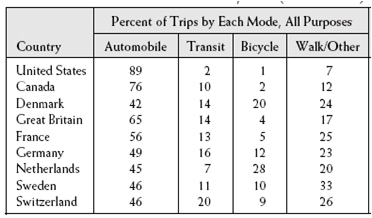Those are all people who have a job. Those are all people who have health care. Those are all people who can afford to send their kids to college. Those are all people who can pay whatever is charged at the gas pump.--Senator Clinton
They’re not the people I’m running to be a champion for. I’m running to be a champion for all of you and your children and your grandchildren.
In short, people who have their act together want her to quit, but she's fighting on for those who are foundering.
I want government to helping the struggling by giving them a ladder to climb out of their struggles. Clinton's comments don't bring that out. Instead she says the people she'll be asking to help the needy don't want her to run. This seems like a negative message.
This is either bad politics or she calculates there are a good deal of people out there who feel like they can't afford their basic needs without a handout. I hope it's just bad politics.
Some people say that what the US lacks in student test scores it makes up for in ingenuity. If a people are waiting for a politician to pay for their basic needs, they certainly aren't examples of people with a lot of ingenuity. People with ingenuity think of original ideas to work through their problems. If their insurance costs go up, they shop it. For college, they scrape together a little bit of money each month for an ESA or 529 plan. If they can't afford gasoline they choose another transportation method, change jobs, move, or rework their budget so they can afford it.
I strongly support using my tax dollars to help people with these things. We could create a tax credit to help people pay for insurance and college. We can encourage walkable communities so we don’t need as much gasoline. We can fund research into increasing efficiency and developing renewable energy. These things are critical. Globalization will lead to more poverty and economic stratification unless we take steps now. Those steps are to help people help themselves. "Poor thing, you can't afford gasoline; I'll fix that for you." simply will not work.


